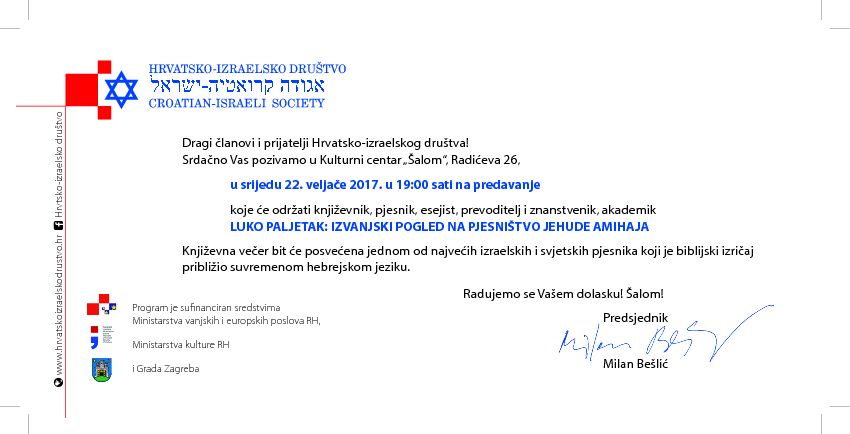BUILDING, BENDING, AND BREAKING BOUNDARIES IN THE EASTERN MEDITERRANEAN WORLD
Fifth CEMS International Graduate Conference
Budapest, 1-3 June, 2017
Popper Room
The Center for Eastern Mediterranean Studies (CEMS) at Central European University and its junior members are proud to announce the forthcoming Fifth International Graduate Conference on Building, Bending, and Breaking Boundaries in the Eastern Mediterranean World. This three-day conference invites graduate students of Late Antique, Islamic, Jewish, Byzantine, Medieval, Ottoman studies, and related disciplines, to present their research on the manifold and complex processes of constructing, negotiating, transgressing, and subverting social, political, cultural, or confessional boundaries in the eastern Mediterranean from Antiquity to the Early Modern period.
Conference Description
What is a border? What are the sites and strategies of boundary-construction and who are its agents? Boundaries shape and forge categories by enforcement and reinforcement of power ingrained within a built environment, conceptual or physical. Thus, they do not necessarily indicate territorial margins, but can also embrace theoretical, temporal, and metaphorical borders. They can be natural or artificial, sharp or blurry; they can be understood in positive and/or negative terms as means of protection or as instruments of exclusion; and they can mark conceptual territories, such as “the human,” “the holy,” “the family,” or “the natural world.” Triggered by new waves of immigration, the meaningfulness of state borders and the necessity of their control have been subject to debate, alongside questions concerning the boundaries surrounding identities, cultures or religions. Moving beyond the border of nation-states and the “clash of civilizations” paradigm, the main objective of this conference is to explore the historically contingent, fluid, and dynamic nature of borders by shedding light on the intricate mechanisms through which boundaries were erected, maintained, crossed, and transgressed throughout the eastern Mediterranean world.
Possible paper topics might include, but are not limited to:
- Border ontologies and epistemologies
- Negotiating, contesting, and appropriating spaces – sites of cultural, religious, social, political, economic, artistic encounters, transformations, and exchange
- The dynamics of borders and identities – the role of different sensory mechanisms in (re)articulating communal boundaries and identities, multiple identities and cultural mobility
- Practices of representation – multisensory engagement with various aspects of daily life, the anthropology of smells and sounds, sumptuary restrictions on food
- Bordering the body – the politicization of bodily images and the genderization of conflicts
- Geopolitics, power practices, sovereignty
- Politics of translation as means of enforcement, representation, and/or appropriation
Please submit by January 31, 2017 a short paper proposal (no more than 250 words, together with a brief biography and contact information) to the following address: cemsconference@ceu.edu
Keynote Speakers
Verena Krebs (Hebrew University of Jerusalem)
David Thomas (University of Birmingham)
Greg Woolf (Institute of Classical Studies, London)
Accommodation and Travel Grants
All participants will be offered accommodation for the full duration of the conference (3 nights) at the CEU Residence Center. In order to encourage the participation of individuals with limited institutional support a small number of partial travel grants will be available to cover travel expenses. Those who wish to be considered for the grant should include an additional justification alongside their paper proposals. Please note that there is no conference fee. For further information, do not hesitate to contact the organizers at cemsconference@ceu.edu .
Sponsors
Center for Eastern Mediterranean Studies
ACRO, Academic Cooperation and Research Support Office
Organizing Committee
Matea Laginja (PhD Student, Department of Medieval Studies)
Emese Muntán (PhD Student, Department of Medieval Stduies)
Iuliana Soficaru (PhD Student, Department of Medieval Studies)
For further information, do not hesitate to contact the organizers at cemsconference@ceu.edu or at our Facebook page.
https://cems.ceu.edu/cems-graduate-conference-2017




